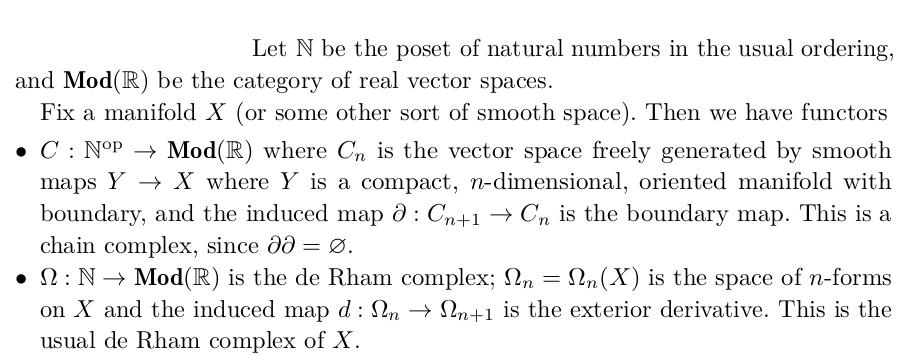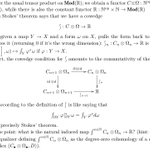Category Theory
Zulip Server
Archive
You're reading the public-facing archive of the Category Theory Zulip server.
To join the server you need an invite. Anybody can get an invite by contacting Matteo Capucci at name dot surname at gmail dot com.
For all things related to this archive refer to the same person.
 Tim Hosgood (Apr 01 2020 at 19:36):
Tim Hosgood (Apr 01 2020 at 19:36):

